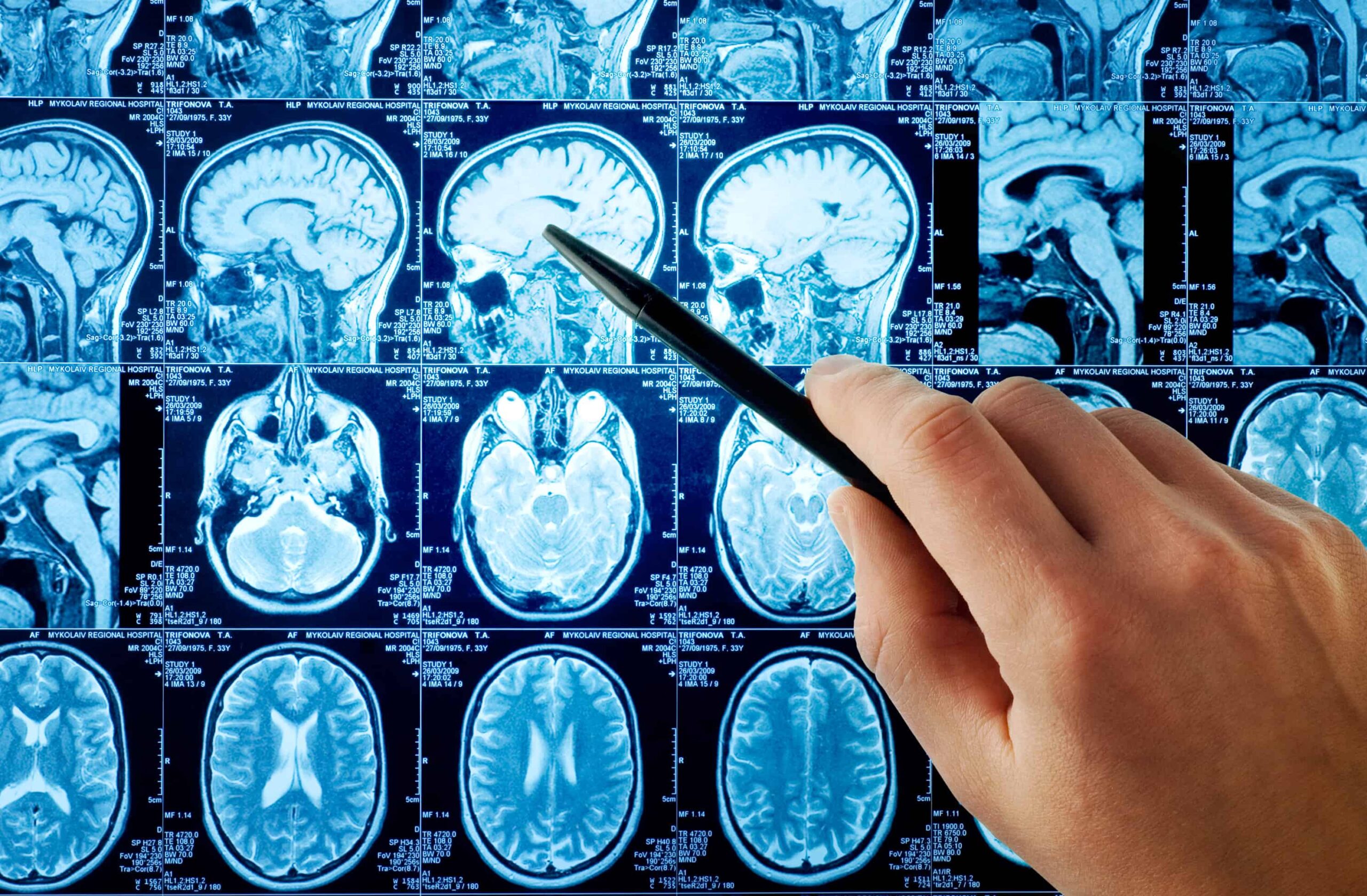New research indicates that in autism spectrum disorders (ASD), changes at the molecular level are present throughout the cerebral cortex rather than solely in cortical regions associated with language and social cognition.

They report that in samples from individuals with ASD, they saw changes across the cerebral cortex, “affecting many neural cell types and specific biological processes.” They also found evidence that RNA changes in the brain are a cause of ASD, rather than a result of the disorder.
Previous research by the same team had focused on the temporal and frontal lobes, which are involved in language and social cognition. This time, however, they were surprised to find that “the most profound gene-expression changes in ASD were observed in the primary visual cortex.” They note, “It is interesting to speculate that the substantial changes observed in primary sensory regions may relate to the widespread sensory processing differences in ASD, which are so pervasive that they have been included in the DSM-5 diagnostic criteria.”
—
“Broad transcriptomic dysregulation occurs across the cerebral cortex in ASD,” Michael J. Gandal, Jillian R. Haney, Brie Wamsley, Chloe X. Yap, Sepideh Parhami, Prashant S. Emani, Nathan Chang, George T. Chen, Gil D. Hoftman, Diego de Alba, Gokul Ramaswami, Christopher L. Hartl, Arjun Bhattacharya, Chongyuan Luo, Ting Jin, Daifeng Wang, Riki Kawaguchi, Diana Quintero, Jing Ou, Ye Emily Wu, Neelroop N. Parikshak, Vivek Swarup, T. Grant Belgard, Mark Gerstein, Bogdan Pasaniuc, and Daniel H. Geschwind, Nature, November 2, 2022 (free online).Address: Michael Gandal, michael.gandal@pennmedicine.upenn.edu.
—and—
“Brain changes in autism are far more sweeping than previously known, study finds,” news release, University of California, Los Angeles, November 2, 2022
This article originally appeared in Autism Research Review International, Vol. 36, No. 4, 2022
ARI’s Latest Accomplishments
Connecting investigators, professionals, parents, and autistic people worldwide is essential for effective advocacy. Throughout 2023, we continued our work offering focus on education while funding and support research on genetics, neurology, co-occurring medical
Biomarkers start telling us a story: Autism pathophysiology revisited
Learn about emerging research on biomarkers and autism from a recent ARI Research Grant recipient. This is a joint presentation with the World Autism Organisation. The presentation by Dr.
Editorial – Bernard Rimland’s Impact: Sixty Years Since the Publication of ‘Infantile Autism’
In this milestone year of 2024, the Autism Research Institute commemorates the 60th anniversary of Dr. Bernard Rimland’s groundbreaking work, Infantile Autism: The Syndrome and Its Implications for a Neural Theory of




